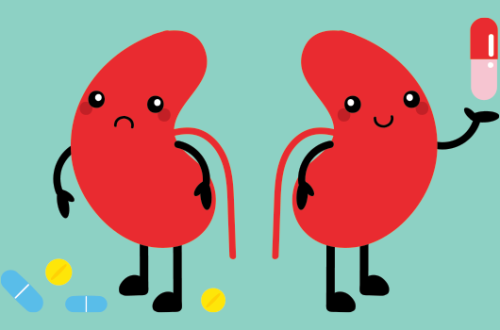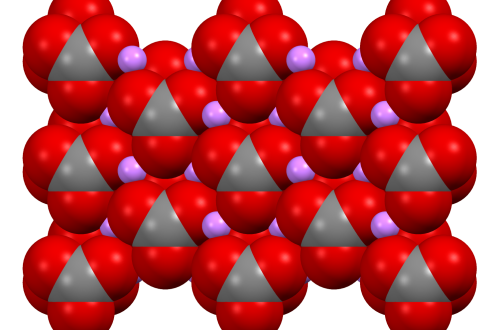Introduction
Pneumonia is a serious lung infection that can lead to severe illness, hospitalization, and even death, particularly among infants, older adults, and people with chronic health conditions. Vaccination is one of the most effective ways to prevent pneumococcal pneumonia, a type caused by the Streptococcus pneumoniae bacteria. Two main vaccines are commonly recommended: PCV13 (Pneumococcal Conjugate Vaccine) and PPSV23 (Pneumococcal Polysaccharide Vaccine).
In this article, we’ll explore the key differences between these vaccines, who needs them, when to get them, and how they protect you from serious illness.
Why Pneumonia Vaccines Are Important
Pneumococcal disease doesn’t just cause pneumonia—it can lead to:
- Meningitis (infection of the brain lining)
- Bacteremia (blood infection)
- Ear and sinus infections
Each year, thousands of adults die from pneumococcal disease, many of whom could have been prevented through vaccination. High-risk groups such as children under 2, adults over 65, and those with weakened immune systems benefit the most from these vaccines.
The Two Pneumococcal Vaccines
1. PCV13 (Pneumococcal Conjugate Vaccine)
- Protects against 13 types of pneumococcal bacteria.
- Creates a strong immune response and is effective in infants and adults.
- Used in children under 2 years and certain high-risk adults.
2. PPSV23 (Pneumococcal Polysaccharide Vaccine)
- Protects against 23 types of pneumococcal bacteria.
- Recommended for adults 65+ and people at high risk.
- Provides broader coverage but is less effective in creating long-term immunity compared to PCV13.
Who Needs Pneumococcal Vaccines?
Children
- All children should receive PCV13 as part of the routine childhood immunization schedule.
- Typically given at 2, 4, 6, and 12–15 months of age.
Adults 65 and Older
- Should receive both PCV13 and PPSV23 (in most cases).
- The order and timing depend on prior vaccination history and health status.
High-Risk Adults (19–64 years)
- People with chronic illnesses such as:
- Heart disease, diabetes, chronic lung disease
- Weakened immune systems (HIV, cancer treatment)
- Smokers or those with alcohol dependence
- May need one or both vaccines before age 65.
Recommended Schedule
- If both PCV13 and PPSV23 are needed, PCV13 is usually given first, followed by PPSV23 at least 1 year later (in adults 65+).
- For high-risk individuals, intervals may be shorter, and revaccination with PPSV23 may be needed every 5 years.
Are There Side Effects?
Most side effects are mild and temporary, including:
- Redness or swelling at the injection site
- Mild fever or fatigue
Serious side effects are rare, but allergic reactions can occur.
Effectiveness of Pneumococcal Vaccines
- PCV13 and PPSV23 significantly reduce the risk of invasive pneumococcal disease.
- Widespread use in children has also lowered adult cases through herd immunity.
- Vaccination does not cover all causes of pneumonia, but it is the best protection against pneumococcal infections.
Myths vs. Facts
- Myth: You only need the vaccine once in your life.
- Fact: Some people need booster doses or both vaccines for full protection.
- Myth: Healthy adults don’t need the vaccine.
- Fact: Adults over 65 should get vaccinated, even if healthy, because age increases risk.
Conclusion
Pneumococcal vaccines like PCV13 and PPSV23 save lives by preventing severe infections such as pneumonia, meningitis, and bloodstream infections. Whether you’re a parent, a senior, or someone with chronic health conditions, knowing when and which vaccine to get is critical for protecting your health.
Talk to your healthcare provider to determine the right vaccination schedule for you or your loved ones.
FAQs:
What is the difference between PCV13 and PPSV23?
PCV13 protects against 13 strains of pneumococcal bacteria and is used mainly in young children and certain adults, while PPSV23 covers 23 strains and is recommended for adults, especially those 65 and older.
Who should get the pneumonia vaccine?
Infants, adults over 65, and people with chronic conditions or weakened immune systems should get pneumococcal vaccines.
Do healthy adults need a pneumonia vaccine?
Yes. Adults 65 and older should get vaccinated, even if they are healthy, because age increases the risk of pneumococcal disease.
How many doses of the pneumonia vaccine do I need?
Children usually receive 4 doses of PCV13. Adults may need both PCV13 and PPSV23, given at least one year apart, based on their health status.
Do pneumonia vaccines prevent all types of pneumonia?
No. These vaccines protect against pneumococcal pneumonia but not viral or fungal pneumonia. However, they significantly reduce severe illness and complications.






